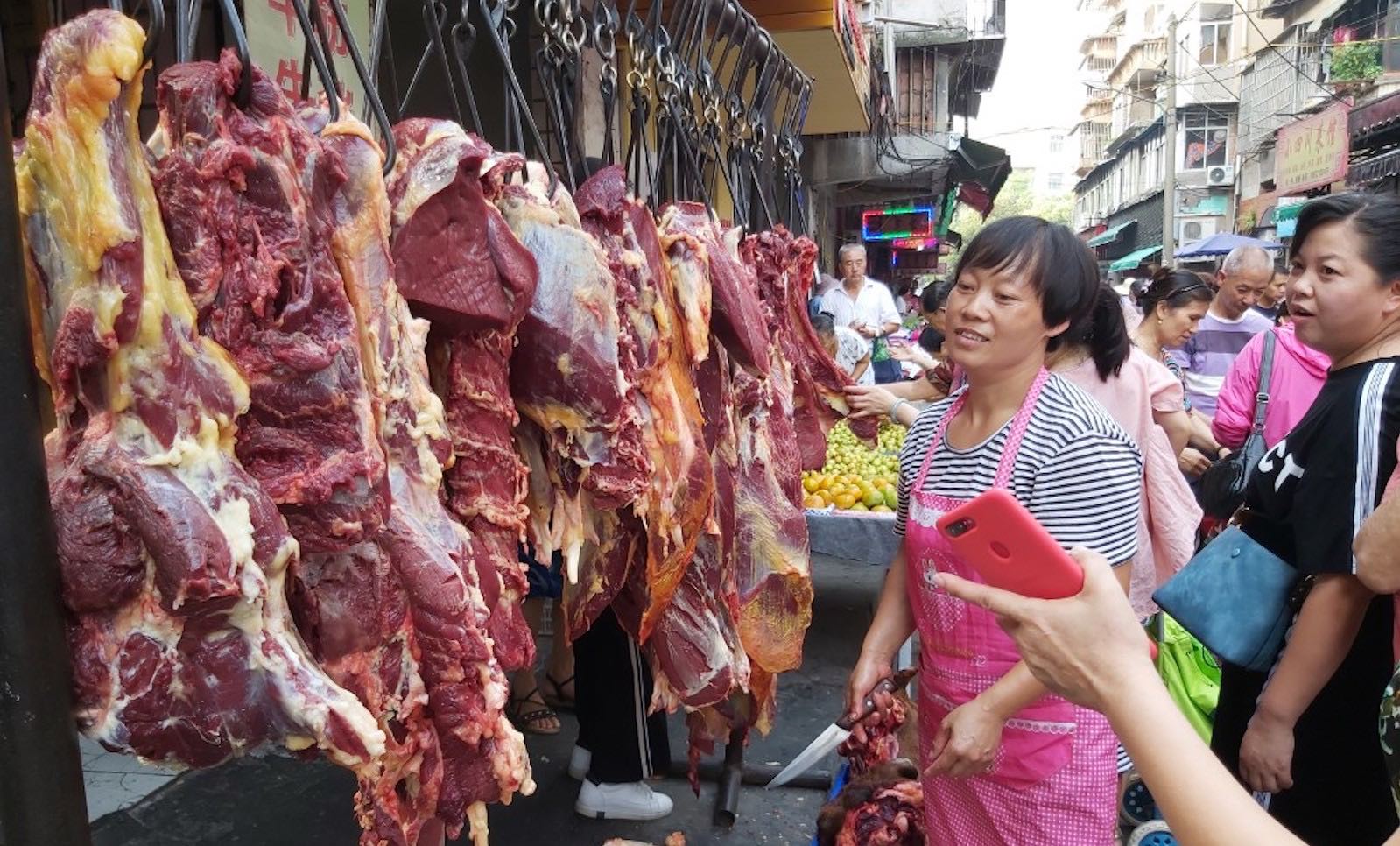China news digest, Thursday June 17, 2021
Stock markets struggle back up
On Thursday June 17, the Shanghai and Shenzhen stock markets stabilized in early trading. Chip stocks and technology stocks rose strongly. As of midday’s close, the Shanghai Stock Exchange Index was reported at 3,524.31 points, an increase of 0.17%, with a turnover of 224.17 billion yuan. Meanwhile, the Shenzhen Component Index was reported at 14,418.83 points, an increase of 0.86%, with a turnover of 286.273 billion yuan; the Growth Enterprise Market Index was reported at 3,178.49 points, an increase of 1.69%, while the SSE 50 Index was at 3,484.42 points, a decrease of 0.05%.
Sectors such as shipping, semiconductors, automobiles, integrated agriculture, and medical services led the gains, while sectors such as cement manufacturing, oil exploration, livestock and poultry breeding, petrochemicals, and feed were among the top decliners. In terms of concept stocks, the BDI index, shipping, salt lake extraction of lithium, gallium nitride, and silicon carbide led the rise, while pork, vaccine testing and traceability, oil reform concepts, and online car-hailing led the decline.
More big bond government spending ahead
The Ministry of Finance announced that as of June 15, local governments nationwide had issued a total of 1.285 trillion yuan of new local government bonds, which accounts for 30% of the issued limit. Among them, general bonds accounted for 420.5 billion yuan, or 53% of the issued limit; special bonds were 864.5 billion yuan, which was 25% of the issued limit. The issuance progress this year has slowed compared with the same period last year, mainly due to the larger scale of special bonds issued in 2020 in response to the coronavirus pandemic. Policy effects will be released later this year.
Pork price slumps 40%
Recently, the price of live pigs has continued to fall due to the combined effect of large herds of heavyweight live pigs for slaughter, an increase in imported frozen pork and weak seasonal demand. Livestock products and feed market prices in the second week of June released by the Ministry of Agriculture and Rural Affairs on Wednesday June 16 put the national average pork price was 27.77 yuan per kilogram, down 5.7% from the previous week and down 40% year-on-year. Pork prices in 30 monitored provinces across the country have generally fallen. This is in contrast to last year when swine flu decimated pig farms.
China cools commodity rampage
National Development and Reform Commission spokesperson Meng Wei revealed that government efforts to cool commodity price rises have been effective. “Through a series of measures, judging from the current situation, market speculation has begun to cool down, and the prices of some commodities, such as iron ore, steel, copper and other commodities, have fallen to varying degrees.” She said that in the next step, the NDRC will work with relevant departments to implement various key tasks, especially to closely monitor market and price changes, increase revenue and reduce expenditure through multiple channels to promote a “dynamic balance of supply and demand, increase the supervision of the spot market, and maintain the normal order of the market.” At the same time, the NDRC will focus on the organization and implementation of price control policies for people’s livelihood commodities, establish and improve relevant mechanisms, improve the ability and level of price controls, and ensure that the market supply and prices of people’s daily commodities are basically stable.
‘Sunshine Governance’ to clean up street hawkers
China is trialing a “Sunshine Governance” platform to deal with vendors who occupy places on the side of roads from 5pm to 8pm every day. The behaviour of these vendors makes roads that were not too spacious more congested, but they are a part of daily life in China.
Law enforcement teams have sought to clean up traveling merchants and ‘flash sellers’ who occupy roads, and strictly prohibited the phenomenon when such vendors occupying spaces on road and outside stores. To help counter the problem, officials say citizens can report such problems, by leaving a message on the internet or Wechat.
Japan’s rare earth reserves set nerves tingling
In May, China’s rare earth exports reached 4,171 tons. From January to May, total rare earth exports were 19,813 tons, a year-on-year increase of 8.7%. The main countries importing refined rare earths were Japan and the United States. According to official data, China’s rare earth mining volume will increase by 6% year-on-year, and the export volume will be 35,448 tons. In the first five months of 2021, the world’s demand for rare earth mines is still very high.
Japan has great demand for rare earths and has quietly wanted to overcome its dependence on China following spats in the past. Regardless of its small land area, Japan actually discovered 16 million tons of rare earth reserves in the waters of Nanniao Island, which would supply global demand for 700 years at current use, but due to the huge difficulty of underwater mining technology and partly due to public feelings, Japan has not started mining that area yet.
























